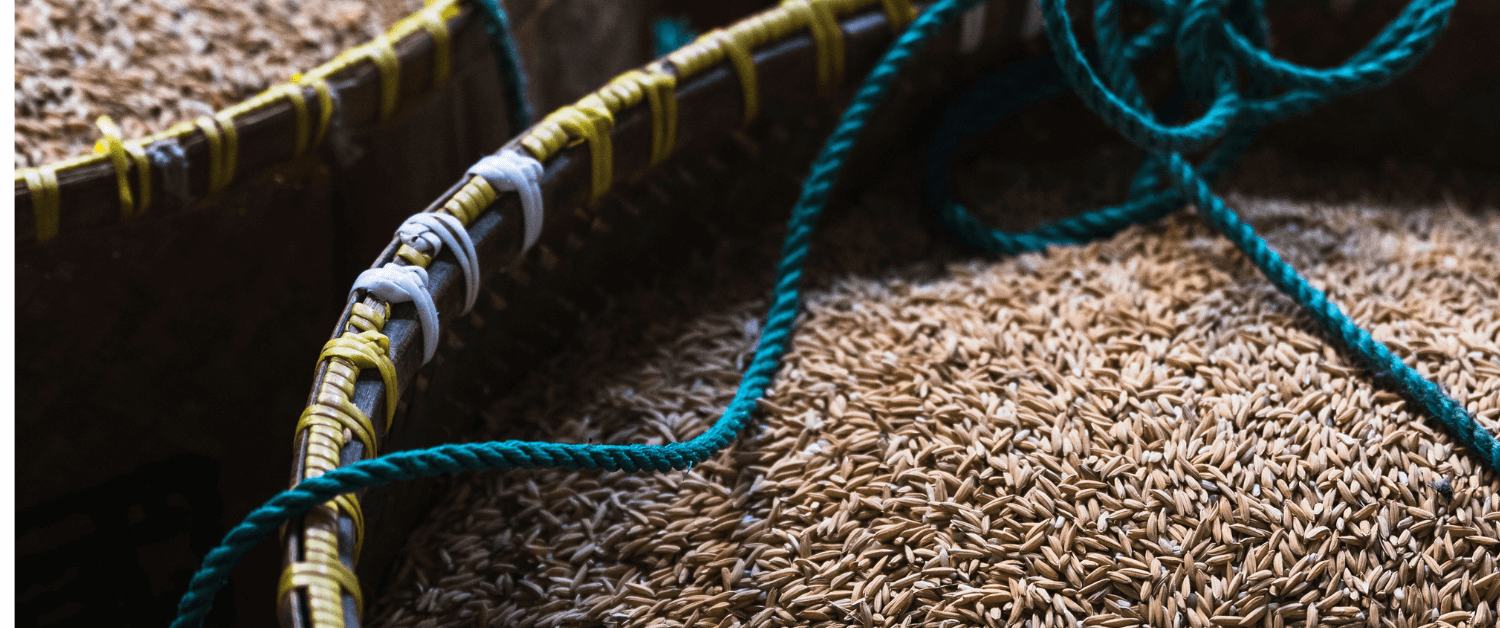
Are you using Adulterated Jeera/Cumin?
Indian spices are popular around the globe for their distinctive flavors and remarkable health benefits. A prime example is Jeera, also known as Jira/Cumin/Jeerakam/Cumino/Kamoun, which originates from the eastern Mediterranean and southeast Asia.
India is the largest producer of Jeera, contributing nearly 70% of the global supply, with additional production occurring in places like Syria, Turkey, the UAE, and Iran.
Cumin seeds are cherished for their unique flavor and aroma. They can be used whole or ground, and when dry roasted and ground, they impart a rich flavor to Indian dishes, making them a staple in many households.
Health Benefits of Jeera/Cumin:
Cumin seeds have a history as a traditional medicine, known for
-
- aiding digestion
- potentially regulating blood sugar levels
- boasting anti-inflammatory properties
- possibly lowering cholesterol.
In Indian cuisine, roasted and ground jeera is added to various drinks such as buttermilk, pudina water, and mocktails to enhance flavor and support digestion.
Common Adulteration Practices:
Sadly, like other kitchen ingredients, jeera is vulnerable to adulteration for monetary benefits. Contaminated jeera can contain harmful chemicals, dyes, and impurities that may lead to major health issues like kidney stones, urinary tract infections, digestive problems, allergic reactions, nausea, and even chronic illness.
Some of the common adulterants used are:
-
- Mixing inferior quality seeds, like fennel and dill, with cumin seeds.
- Combining it with grass seeds colored with charcoal dust.
- Adding semolina to boost weight.
- Coating it with substances like mud or stone powder.
Simple ways to verify the purity of Jeera /Cumin:
To ensure the quality of cumin, you can perform simple tests:
-
- Rub a small amount of jeera between your palms; if your palms turn black, the cumin is adulterated.
- Place a teaspoon of cumin seeds in water and let it sit for a few minutes. Any adulterants, such as charcoal dust or grass seeds, will float, while pure jeera will settle at the bottom.
When purchasing cumin, carry out these tests to ensure buying pure, high-quality spice.
In a world where even nature’s purest gifts can be tampered with, safeguarding the quality of your kitchen staples is no longer optional, it’s essential. Cumin isn’t just a spice; it’s a cornerstone of flavor and wellness in Indian households and beyond. By staying alert to signs of adulteration and using simple at-home purity checks, you protect not only your culinary creations but your family’s health. So, the next time you reach for jeera, pause and ask: are you using the real deal or a harmful imitation? Because when it comes to wellness, authenticity isn’t a luxury, it’s your right.




What i do not realize is in fact how you are no longer actually much more wellfavored than you might be right now Youre very intelligent You recognize thus considerably in relation to this topic made me in my view believe it from numerous numerous angles Its like men and women are not fascinated until it is one thing to do with Lady gaga Your own stuffs excellent All the time handle it up